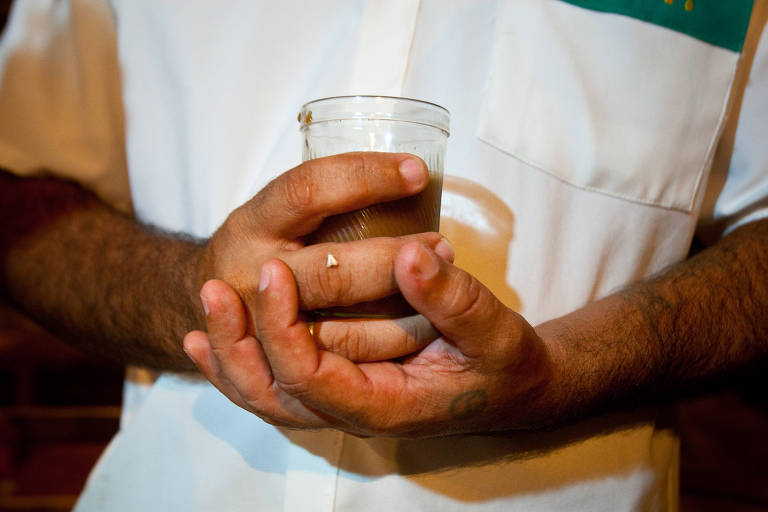One of the few fields in neurosciences where Brazilian researchers have a competitive edge is psychedelic science, according to a meeting at Unicamp (Campinas University) on Thursday (13th). And the ayahuasca, a tea also known as Santo Daime, is central to this hope.
Around 120 people - many of them young men and women who partake in ayahuasca -- attended the forum "Psychedelic Drugs Neuroscience: A Revolution On Course".
"It's a huge opportunity [for Brazil]," said Sidarta Ribeiro, a neuroscientist at the Brain Institute in the Federal University of Rio Grande do Norte (UFRN), one of the five panelists. "We need to do that before the Americans and the Chinese get ahead of us."
Psychedelic drugs - LSD, MDMA (the main ingredient of ecstasy), mescaline, psilocybin, etc. -- are defined as compounds that act on the receptors of serotonin, a neurotransmitter responsible for mood regulation, among other functions. Most of them are classified as substances of abuse, which makes them illegal and therefore difficult to procure as well as to obtain a research permit.
Like ayahuasca, they also can induce visions. But because of its religious use, this drink made from the infusion of caapi and chacruna is legal in Brazil for ritualistic purposes.
Psychedelics have been once legal drugs and intensely researched in the 1950s and 1960s as possible treatments associated with psychotherapy.
This kind of use has been lately going through a renaissance, motivated by the use of MDMA in the treatment of Post Traumatic Stress Syndrome.
In Brazil, scientists are studying ayahuasca not only because it's easy to procure, but also by accounts of beneficial effects obtained in religious rituals. A recent research performed by Dráulio Araújo, from UFRN, found significant improvement in patients with depression.
Now, Brazilian neuroscientists aim to go beyond behavioral studies and work on elucidating the biochemical and neurological mechanisms of psychedelic drugs.
Translated by NATASHA MADOV
Read the article in the original language
